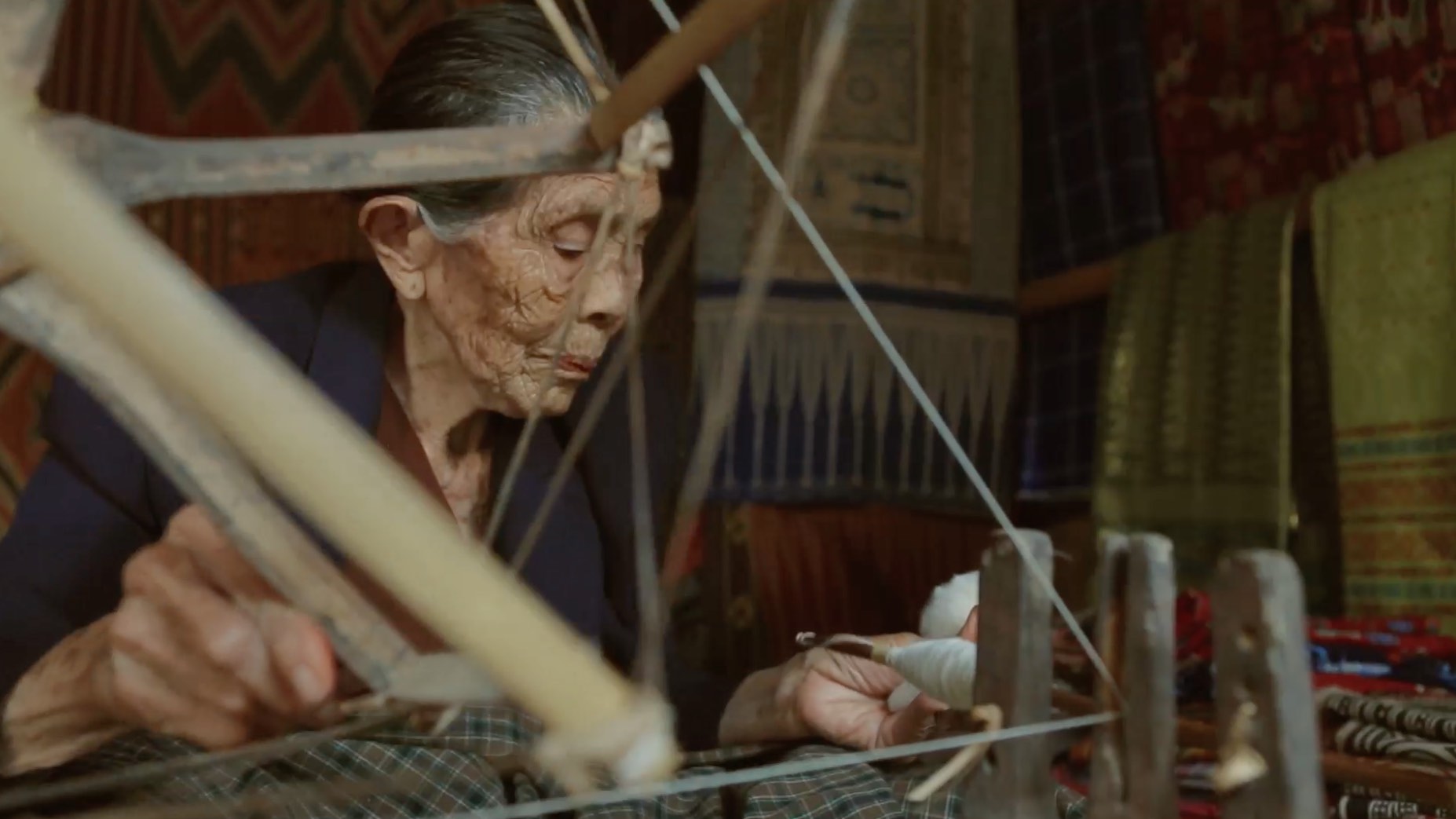In inland Toraja, a mountainous region of South Sulawesi, Indonesia, indigenous weaver artisans improve their lives by making and selling fashionable items out of traditional woven cloth.
Women weavers display the intricacies of how each motif was woven in each piece of fabric. And in each motif, stood a mathematical formula for how many threads of each colour needed to be woven together to craft the desired design systematically, accurately and beautifully.
The production of a single woven cloth also weave the fabric of this society. Master weavers pass on legacy to their grandchildren, mothers who weave to feed their whole families, and young women who weave to pay their tuition.
“Weaving is our cultural heritage, so we have to preserve it and improve its quality,” said Yuliana Padallingan, a weaver artist in Toraja, to Our Better World, a storytelling initiative of the Singapore International Foundation.
This inspires Dinny Jusuf, to establish Torajamelo, a social enterprise to transform the lives of poor women weavers by giving them a source of livelihood and economic independence, so that they wouldn't have to leave their families behind and go to the city to become maids.

“Our program is to accompany the weavers to enter the global market. All they need is access to the market and capital,” told Dinny.
What ran deeper as an undercurrent was responding to the need of reviving the dying craft of weaving in Toraja, amid the erosion of old traditions coupled with the indigenous people being at the cusp of rapid modernisation.
Sharing this concern, Dinny told Our Better World, “That’s when I decided to [also] build the community and focus on the regeneration of traditional weavers.”
Today, Torajamelo offers scholarships to weavers’ children or grandchildren to help them continue their education and health insurance, especially for women’s reproductive health.

“Our dream is to improve the welfare of a weaver artist is a long journey. They can be proud to be a weaver artist as proud as if they were a doctor or an engineer,” she adds.
The more people appreciate and purchase the fabrics, the better able the weavers are to earn a livelihood. You can buy bags, shoes and clothes woven by the women of Torajamelo at http://torajamelo.com/
A story by Our Better World – telling stories of good to inspire action.


















